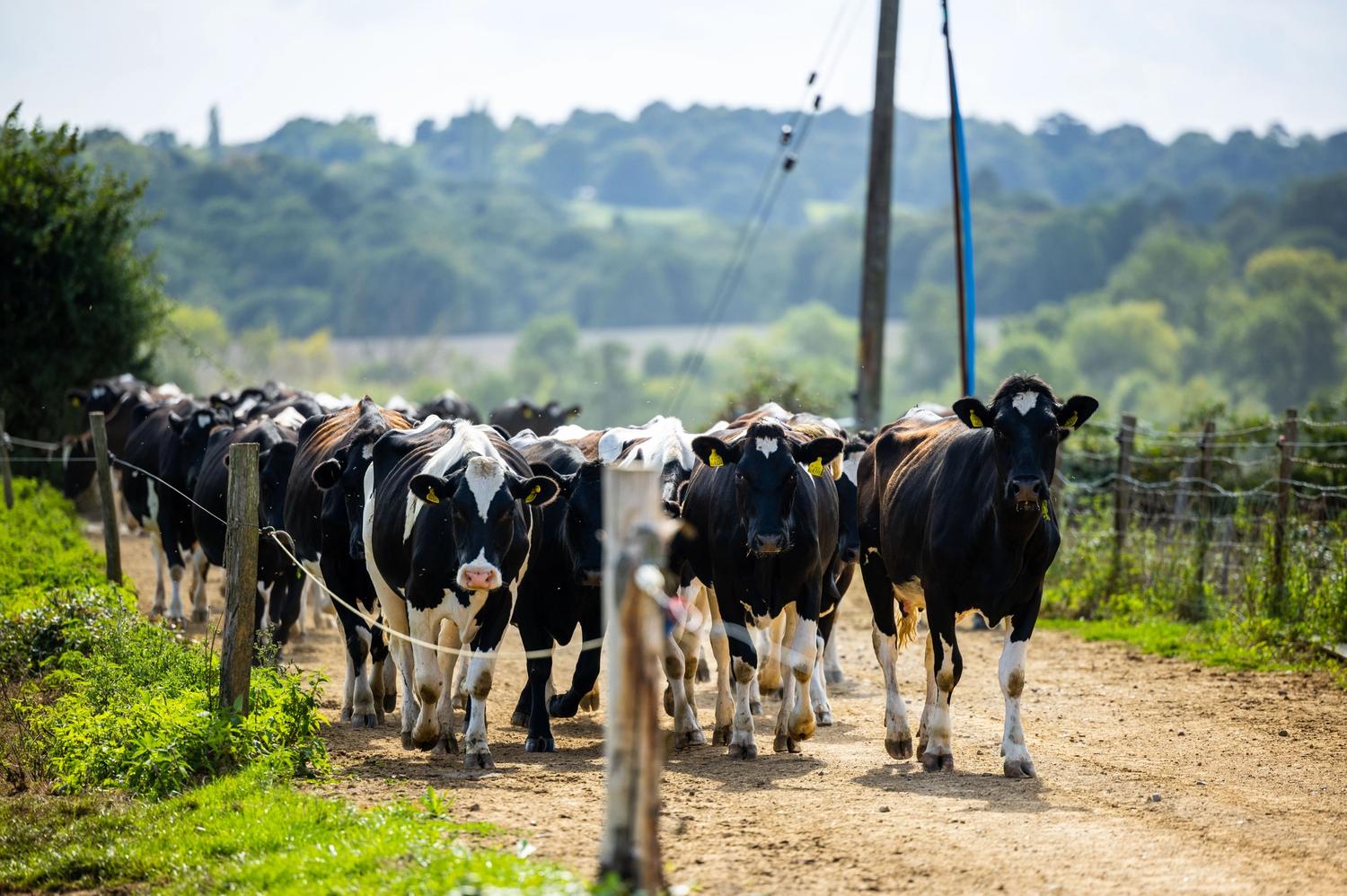Over the past five years, we've been working with maize growers in Sussex to try different methods of preventing soil and farm chemical run-off into four local rivers.
At this time of year, maize and other arable farms are a hive of activity as farmers race to harvest their crops before temperatures drop and rainfall increases.
Often, fields are left bare until the start of the following spring when the next crop is sown. But when the rain falls, it tends to make fields waterlogged and impassable, with any farm chemicals and soil particles washing away into local rivers.
These rivers are not only home to a range of flora and fauna but are the source of millions of litres of drinking water produced every year.
And that’s where our expert team of agricultural Advisors come in. To combat these issues, we incentivise farmers to proactively cover the fields with grass or other crops, to help hold the soil together when the maize is harvested and turned into animal feed. This not only prevents pollutants from reaching the river, it keeps them on the farm where they belong, ready for the next crop.
Our extensive trials found that sowing rows of grass alongside the maize crop each spring was the most effective way of maintaining healthy soils – but farmers can alternatively cover the field in grass after harvest, or grow a mix of cover crops over the winter period.

Alternatively, cover crops are funded at £75 per hectare; or looking ahead to next spring, we offer £160 for inter-row sowing grass with maize or £280 for herbal leys – made up of a mix of grass, herbs and edible crops.
Protecting the soil is even more critical than ever as extreme weather is expected to become more frequent in future, with the Met Office predicting that by 2070 summers will be between 1 and 6°C warmer and up to 60% drier
To apply for the funding, farmers must apply via our website before 31 October. See www.southeastwater.co.uk/maize (opens in a new tab)
Share this Article: